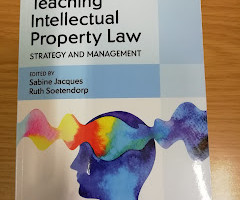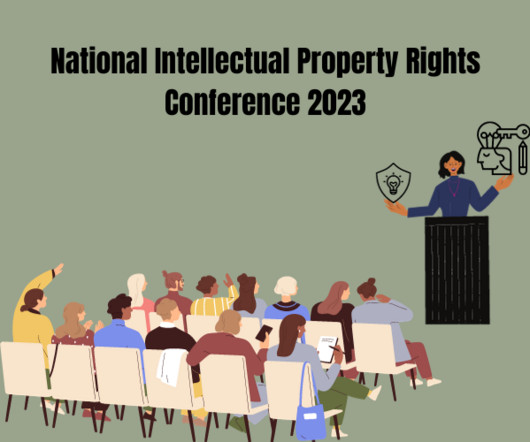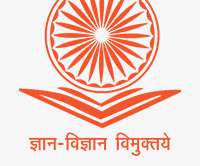A Novel Dataset Measuring Change in Copyright Exceptions
Kluwer Copyright Blog
FEBRUARY 13, 2022
In 2015, the Program on Information Justice and Intellectual Property (PIJIP) set out to conduct empirical research on the impact of copyright exceptions. We soon realized that information about the changes to copyright law over time – which would be especially useful for empirical studies – was lacking.













Let's personalize your content